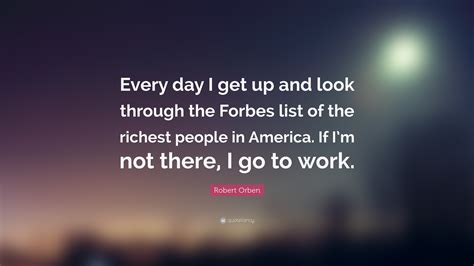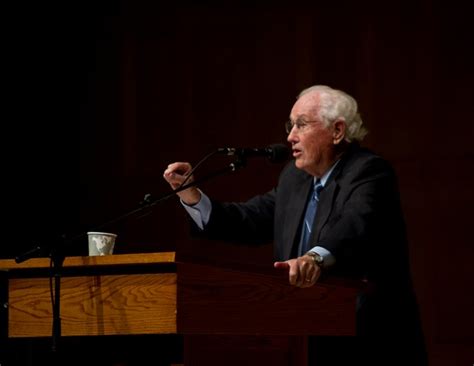A Quote by Robert Orben
Lincoln was known to have walked miles to borrow books, to get the most rudimentary form of education. So what do we do on his birthday? We close the schools!
Related Quotes
We Americans commercialize everything. Look at what we did to Christmas. Christmas is Jesus' birthday. Now, I don't know Jesus, but from what I read he was the least materialistic person who ever walked the earth. No bling on Jesus. He kept a low profile and we turned his birthday into the most commercial day of the year. In fact we have a whole Jesus birthday season. And then at the end of it, we have the nerve to have an economist come on TV and say what a horrible Jesus birthday season we had.
The spiritual kinship between Lincoln and Whitman was founded upon their Americanism, their essential Westernism. Whitman had grown up without much formal education; Lincoln had scarcely any education. One had become the notable poet of the day; one the orator of the Gettsyburg Address. It was inevitable that Whitman as a poet should turn with a feeling of kinship to Lincoln, and even without any association or contact feel that Lincoln was his.
You pick up very well-known books on Lincoln [and] you will find almost no reference to his long-term belief in colonization. Why? Because it doesn't fit the image of the Great Emancipator. It doesn't fit the retrospective view we want to have of Lincoln as the man who was the moralist in politics, who came into office committed to ending slavery and waited to sign this document.
I walk up a dune to a beach and look out to sea, but it's 100km away. The ships lie askew in their dry beds, at anchor for ever. Today is my son's birthday. Thousands of miles from here, his healthy lungs are blowing out candles. I should be there but I'm here with another boy, who puts his face close to mine and laughs. I smile back but realise he can't see it, because I'm wearing an antiseptic muzzles to protect me from his breath.
Remember that Abraham Lincoln was a Whig far longer than he was a Republican. As a whole, the Whigs looked upon banks and corporations as a more efficient means of development; the Jacksonian Democrats thought they were the tools of the devil, but Whigs like Lincoln disagreed. During his presidency, Lincoln favored the re-construction of a national financial system, and his most important 'internal improvement' project was the Pacific railroad.
Abraham Lincoln did have intellectual instincts, a tremendous curiosity on a broad range of subjects, and a near-photographic memory for what he read. He was, at the end of the day, a politician: politics were his heaven, said William Herndon. But Lincoln did take comfort in ideas and books, more so than almost any other president, and he went to books and ideas in moments of perplexity to sort things out. Philosopher, no, but thoughtful and "surprisingly well-read" for his day.
If I were advising President Obama, since he's the one running, I would have made his campaign very simple. I promise that in four years, I will get more Americans, as many as I possibly can, the opportunity and access to some form of post-secondary education. I want more of them to graduate high school with the skill-set of post-secondary education and I want more of them to be able to obtain that post-secondary education. This is the only way we are going to close the income gap.


































